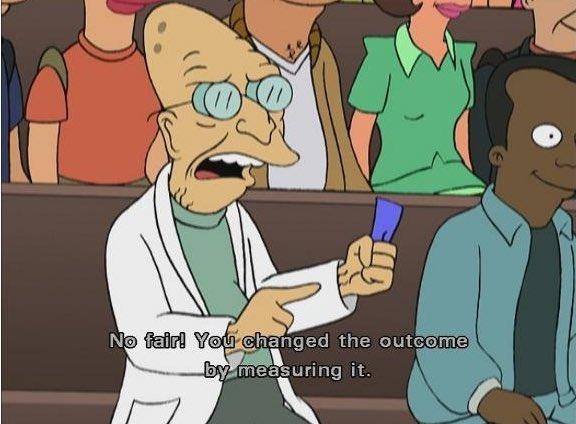An article about the paper
Doctors Often Prescribe Placebos. But How Well Do They Work?
An Australian researcher argues that the medical community has enshrined placebos as “mysterious and highly effective” in clinical care on the basis of flawed research.
By Oscar Schwartz
The New York Times
Dec. 15, 2021
MELBOURNE, Australia — Having worked for decades as a physical therapist and a clinical researcher, Chris Maher knows firsthand how difficult it can be to treat back pain. The condition’s causes are often complex or uncertain, and treatments can be ineffective, even harmful.
So when he learned that a group of researchers, including scientists at Harvard, were claiming that back pain could be relieved by prescribing placebos — pills with no active ingredient — he was concerned that the claims were exaggerated. “It all just seemed like snake oil to me,” he said.
More at link: https://www.nytimes.com/2021/12/15/...linical-care.html?smid=tw-nythealth&smtyp=cur
Doctors Often Prescribe Placebos. But How Well Do They Work?
An Australian researcher argues that the medical community has enshrined placebos as “mysterious and highly effective” in clinical care on the basis of flawed research.
By Oscar Schwartz
The New York Times
Dec. 15, 2021
MELBOURNE, Australia — Having worked for decades as a physical therapist and a clinical researcher, Chris Maher knows firsthand how difficult it can be to treat back pain. The condition’s causes are often complex or uncertain, and treatments can be ineffective, even harmful.
So when he learned that a group of researchers, including scientists at Harvard, were claiming that back pain could be relieved by prescribing placebos — pills with no active ingredient — he was concerned that the claims were exaggerated. “It all just seemed like snake oil to me,” he said.
More at link: https://www.nytimes.com/2021/12/15/...linical-care.html?smid=tw-nythealth&smtyp=cur
Last edited by a moderator:

